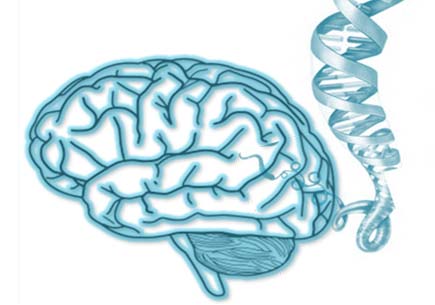The following is a summary of the research article: Scientists Identify Commonly Affected Gene Sets Among People with Three Mental Disorders
Topic:
Our genes dictate the way our body looks and works. Certain mutations and alterations can sometimes affect us in negative ways. This research aimed to find some similarities between different mental disorders in order to see if genetics is a possible factor in these disorders. What was found is that there are commonly affected gene sets in people with bipolar disorder, schizophrenia, and major depression. These genes make proteins in the brain, affect cell communication, and affected the immune system response.
Purpose of the Experiment:
Determine if there are similar alterations in genes, and gene sequences, when compared to someone without mental illness.
Method:
100 hippocampal samples were taken from 35 people with schizophrenia, 33 people with bipolar disorders, and 32 people without mental disorders. Samples were also taken from the orbitofrontal cortex, near the eye, as a cross reference to confirm that genetic changes affect multiple areas. These samples were sequenced and then compared to a full human genome to identify changes and abnormalities.
Limit of the Experiment:
Nearly all samples were retrieved from Caucasian volunteers.
Results:
People with mental disorders did have common gene alterations. People with bipolar disorder, schizophrenia, and major depression had either more or less mRNA produced genes than individuals without a mental disorder. Of 1,070 sets, 13 had similar alteration among all three mental disorders. Overall, there was dramatically more protein production machinery present in these individuals, and there is no distinguishable reason as to why.
What does this Mean?
Common deficits across multiple mental disorders could mean similar treatment methods could be used for all of these disorders. It could also mean new methods for treatment that have not been tried before for a specific disorder that may work. Connecting mental disorders is good. The more we know about how they relate, the more we can figure out how to help manage them.

